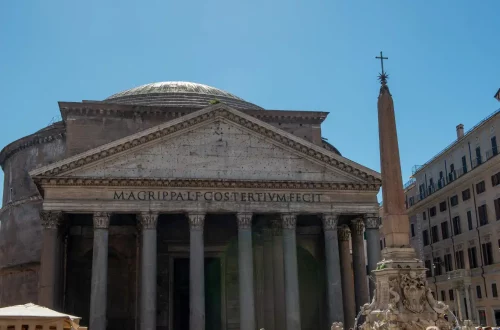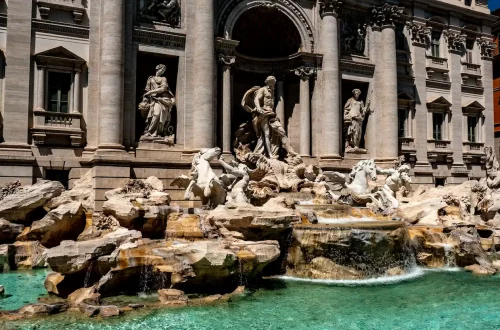
Italian cuisine is a tapestry of regional traditions shaped by geography, climate, and centuries of local customs. From the alpine dishes of Trentino-Alto Adige to the coastal flavors of Sicily, each region offers its own culinary identity. This diversity is central to the authenticity of Italian food, which thrives on local ingredients and time-honored techniques.

When people think of Italian food, they often picture elaborate pasta dishes and wood-fired pizzas. While these staples are undeniably part of Italy’s culinary identity, they represent only a fraction of its gastronomic heritage. Behind these globally popular dishes lies a humble tradition known as cucina povera, or “poor man’s kitchen.”

Drinking coffee in Italy is a deeply rooted cultural ritual and a symbol of social connection. Introduced through trade routes in the 16th century, coffee quickly became a staple in Italian society, evolving from exotic luxury to everyday necessity. Today, Italy ranks among the top coffee-consuming countries in Europe, with millions of cups brewed and enjoyed daily in homes, bars, and cafés across the nation.

Standing at the heart of Rome, between Piazza Navona and Via del Corso, the Pantheon is one of the most extraordinary and best-preserved monuments of ancient Rome. With its massive dome, elegant Corinthian columns, and mysterious oculus, the Pantheon has captivated architects, historians, and visitors for centuries.

Known in Italian as Fontana di Trevi, this late Baroque masterpiece is not only one of the most iconic fountains in the world but also a symbol of Rome’s rich artistic heritage and mythological storytelling. Located in the heart of the Trevi district, the fountain draws millions of visitors each year
carregando ...





